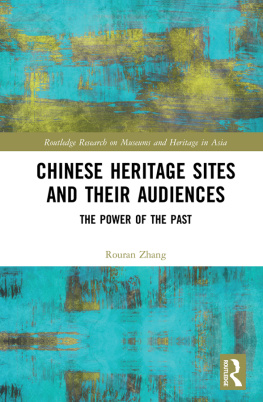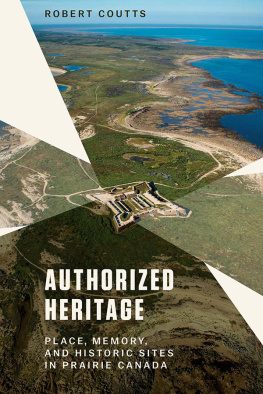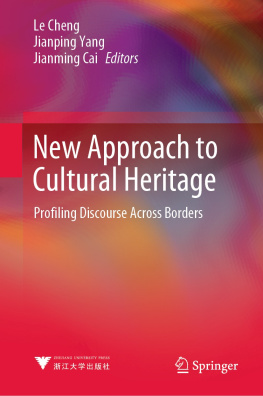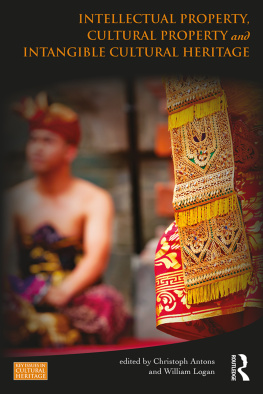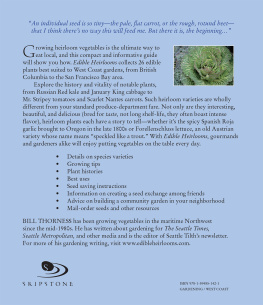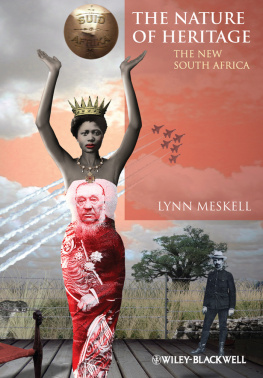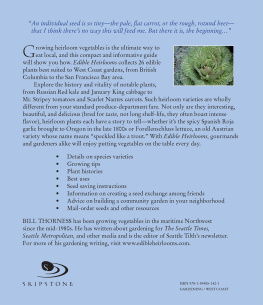
Maritime Heritage in Crisis
Grounded in critical heritage studies and drawing on a Pacific Northwest Coast case study, Maritime Heritage in Crisis explores the causes and consequences of the contemporary destruction of Indigenous heritage sites in maritime settings. Maritime heritage landscapes are undergoing a period of unprecedented crisis: these areas are severely impacted by coastal development, continued population growth, and climate change. Indigenous heritage sites are thought to be particularly vulnerable to these changes and cultural resource management is frequently positioned as a communitys first line of defense; yet, there is increasing evidence that this archaeological technique is an ineffective means of protection.
Exploring themes of colonial dislocation and displacement, Hutchings positions North American archaeology as neoliberal statecraft: a tool of government designed to promote and permit the systematic clearance of Indigenous heritage landscapes in advance of economic development. Presenting the institution of archaeology and cultural resource management as a grave threat to Indigenous maritime heritage, Maritime Heritage in Crisis offers an important lesson on the relationship between neoliberal heritage regimes and global ecological breakdown.
Richard M. Hutchings is a founding director of the Institute for Critical Heritage and Tourism, British Columbia, Canada. Born and raised in Seattle, Washington, he obtained his MA from Western Washington University, Bellingham, and his PhD from the University of British Columbia, Vancouver. He resides on Gabriola Island in the Salish Sea.
Archaeology and Indigenous Peoples Series
Sponsored by the World Archaeological Congress
Books in this series:
Indigenous Peoples and Archaeology in Latin America
Edited by Cristbal Gnecco and Patricia Ayala
Indigenous Archaeologies
A Reader on Decolonization
Edited by Margaret Bruchac, Siobhan Hart, and H. Martin Wobst
Being and Becoming Indigenous Archaeologists
Edited by George Nicholas
Kennewick Man
Perspectives on the Ancient One
Edited by Heather Burke, Claire Smith, Dorothy Lippert, Joe Watkins, and Larry Zimmerman
Maritime Heritage in Crisis
Indigenous Landscapes and Global Ecological Breakdown
Richard M. Hutchings
First published 2017
by Routledge
711 Third Avenue, New York, NY 10017
and by Routledge
2 Park Square, Milton Park, Abingdon, Oxon OX14 4RN
Routledge is an imprint of the Taylor & Francis Group, an informa business
2017 Taylor & Francis
The right of Richard M. Hutchings to be identified as author of this work has been asserted by him in accordance with sections 77 and 78 of the Copyright, Designs and Patents Act 1988.
All rights reserved. No part of this book may be reprinted or reproduced or utilised in any form or by any electronic, mechanical, or other means, now known or hereafter invented, including photocopying and recording, or in any information storage or retrieval system, without permission in writing from the publishers.
Trademark notice: Product or corporate names may be trademarks or registered trademarks, and are used only for identification and explanation without intent to infringe.
British Library Cataloguing-in-Publication Data
A catalogue record for this book is available from the British Library
Library of Congress Cataloging-in-Publication Data
Names: Hutchings, Richard M. (Richard Matthew) author.
Title: Maritime heritage in crisis: indigenous landscapes and global ecological breakdown / Richard M. Hutchings.
Description: Abingdon, Oxon; New York, NY: Routledge, 2016. | Series: Archaeology and indigenous peoples series | Includes bibliographical references and index.
Identifiers: LCCN 2016025007 | ISBN 9781629583471 (hardback: alk.paper) | ISBN 9781629583488 (pbk.: alk. paper) | ISBN 9781315400020 (ebk)
Subjects: LCSH: Coastal archaeology. | Coast changes. | Cultural propertyProtection. | Cultural propertyManagement. | AntiquitiesCollection and preservation. | Indigenous peoplesAntiquities. | IndiansAntiquities.
Classification: LCC GN784 .H87 2016 | DDC 551.45/7dc23
LC record available at https://lccn.loc.gov/2016025007
ISBN: 978-1-62958-347-1 (hbk)
ISBN: 978-1-62958-348-8 (pbk)
ISBN: 978-1-315-40002-0 (ebk)
Typeset in Bembo by
Sunrise Setting Ltd, Paignton, UK
For Marina
Epigraph
Revival, culture, heritage, environment. These are key words. We now find ourselves fighting a battle to turn a tide of destruction that has been rising for too many years and threatens to drown the family unit, our social structure and our environment. We have been overly self-indulgent for much too long, and it is time for change.
Change comes from understanding ourselvesour weaknesses, our strengths. That understanding can be fostered from knowledge of our past, our cultural heritage and our environment. This priceless wisdom is available from our elders, ancestors and a cultural heritage. Once we know our past, we have taken a step in understanding ourselves, and we will be able to strengthen our truths, bringing about change for the better.
Such changes can affect our many relationshipsintimate ones, social and professional ones, and the one we have with our environment. These actions will help us to turn the tide, letting it wash over the land, healing those wrongs we have had a part in creating.
Roy Henry Vickers, The Elders Are Watching, 2009.
Reprinted with permission.
Contents
Unless specified otherwise all photos in this book are the copyright of the author.
We would do well to remember that heritage preservation and the presentation of the past are processes that erase the past just as surely as warfare, looting, or development do.
(Arnold 2014: 24467)
In my 15 years of experience in North American archaeology, and despite all the archaeology conferences I have attended, I can honestly say I have never witnessed a meaningful public discussion about what archaeology is, or what it does. I once witnessed an attempt to start such a conversation, but learned very quickly how power is used to quash such efforts.
The 2013 Canadian Archaeology Association (CAA) plenary session, organized by Indigenous archaeologist Eldon Yellowhorn, was a panel of First Nation presenters, all speaking to their experiences with British Columbias (BCs) Heritage Conservation Act (HCA), the provincial legislation that governs the management of archaeological sites pre-dating 1846. The 1846 date is important because in British Columbia most settler or historic sites post-date this period. As such, the HCA purposefully targets Indigenous heritage, thus Indigenous people. It is in this colonial light that Yellowhorn organized his plenary session, titled Whither the Heritage Conservation Act: Renewal or Funeral?
Of the speakers, I was the only non-Indigenous participant. I was also the last, largely, I think, because of the title of my talk: Hard Times Bring Hard Questions: Is Archaeology Pro-Development? Is it Classist? Colonialist? Imperialist? Racist? The message from the First Nation speakers in the room that day was loud and clear: they spoke passionately about government tactics to erase culture by destroying our heritage, emphasizing that places cannot be replaced and what was at stake was preserving a way of life (Hutchings and La Salle 2015a, 2015b). They asked archaeologists to help stop development. In response to Yellowhorns question, the panelists unanimously called for the provincial legislations funeral, and my paper fit right in. I argued that archaeology is a firmly colonialist project driven by capitalism to produce narratives that remain elitist, racist, and pro growth, development, and progress (Hutchings 2013). What happened next was profound.


